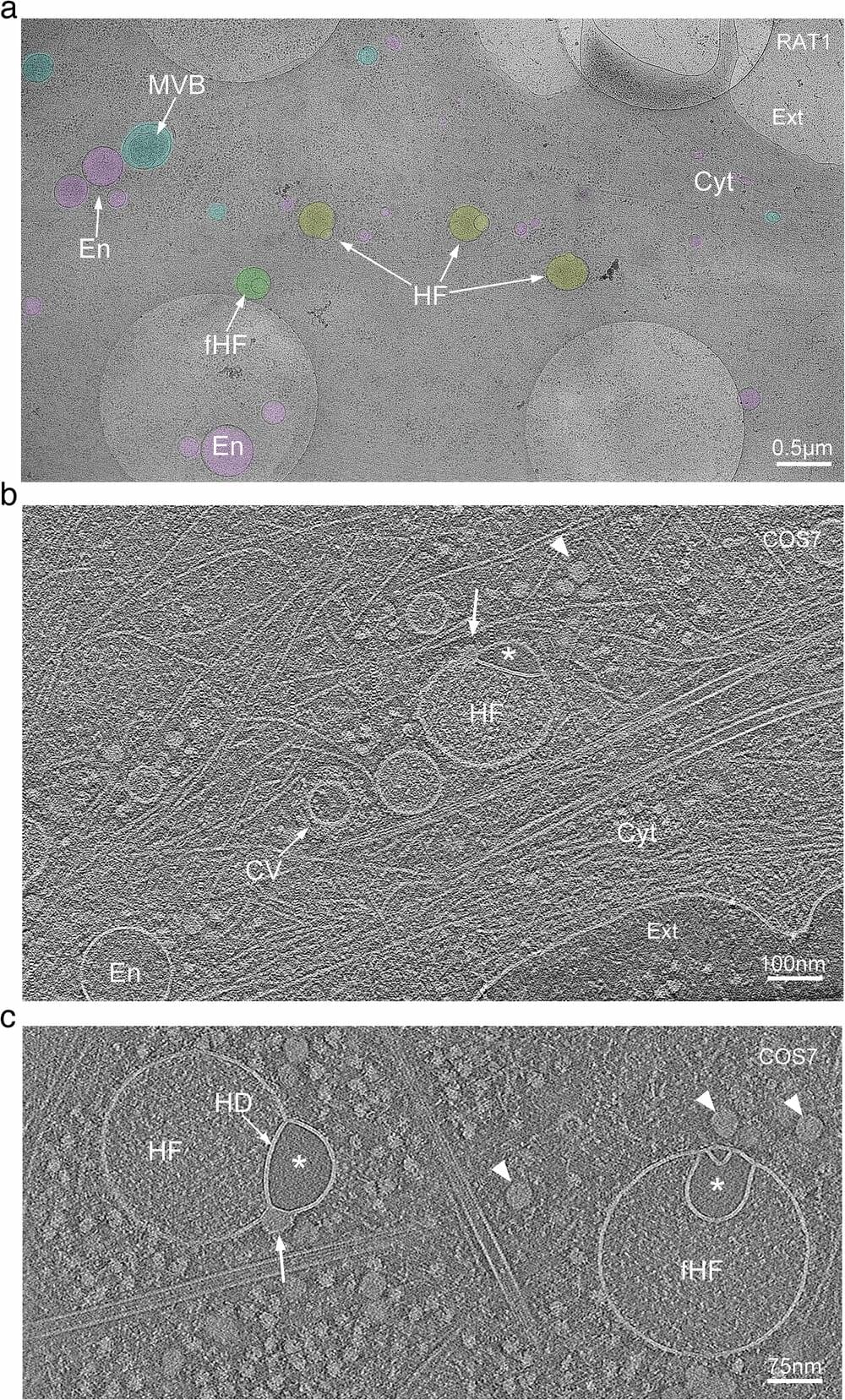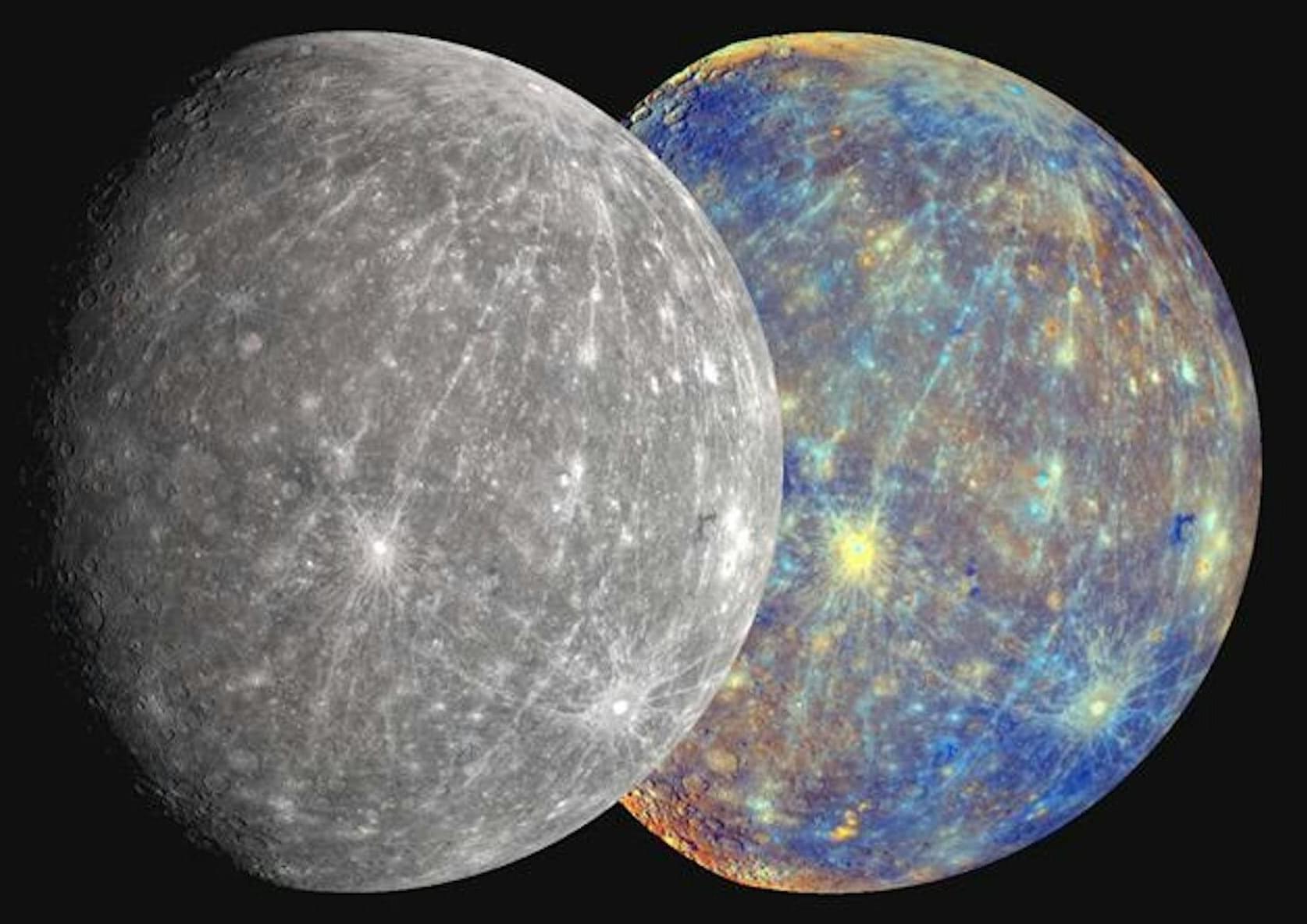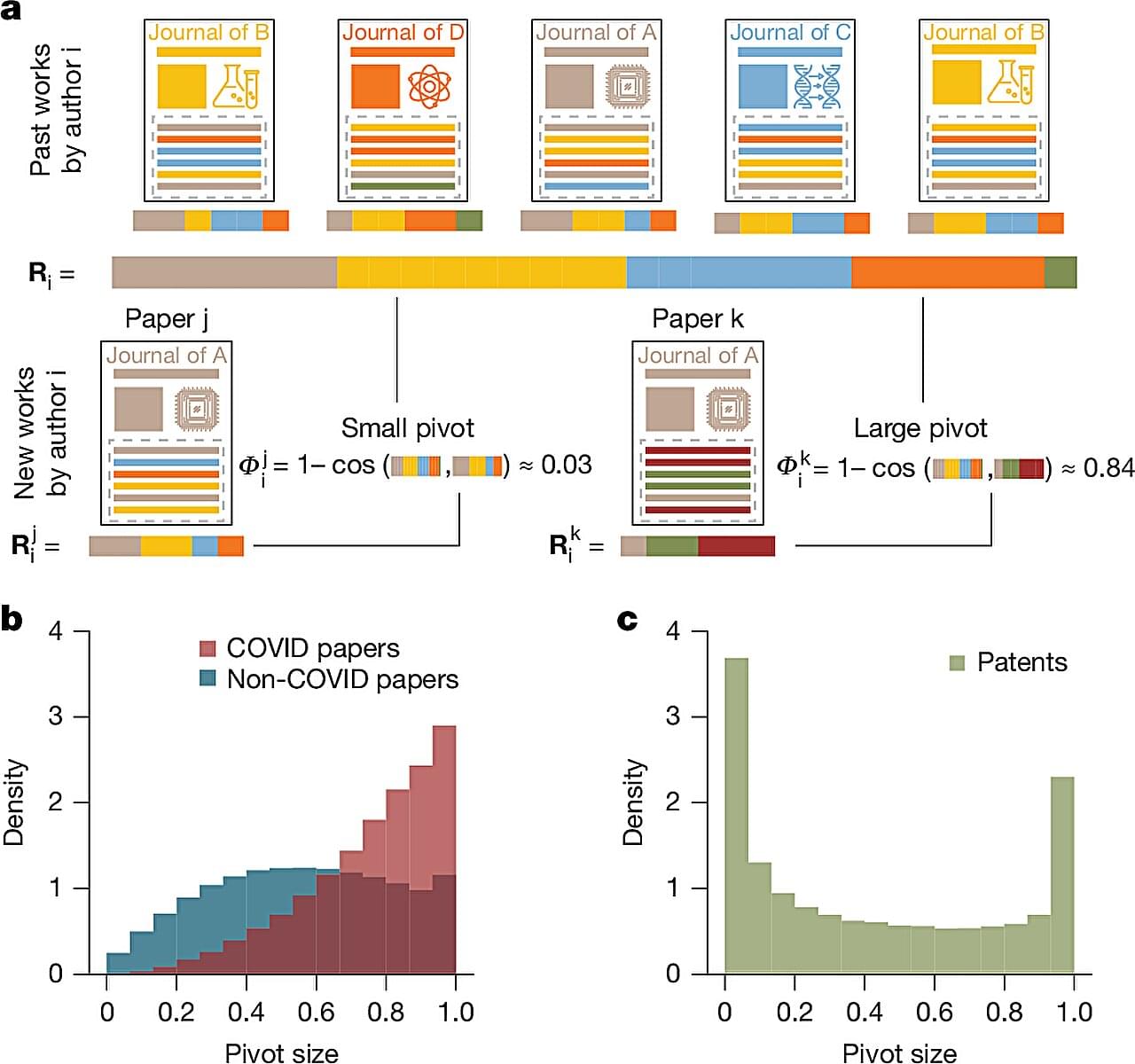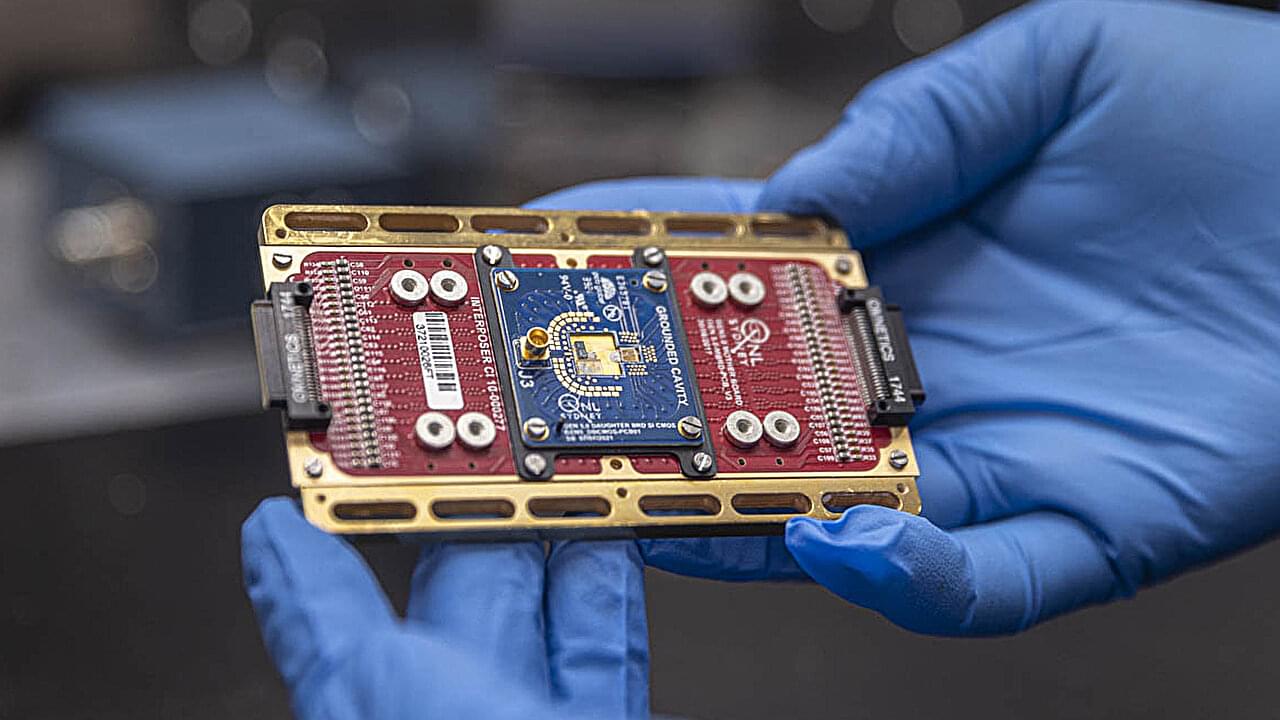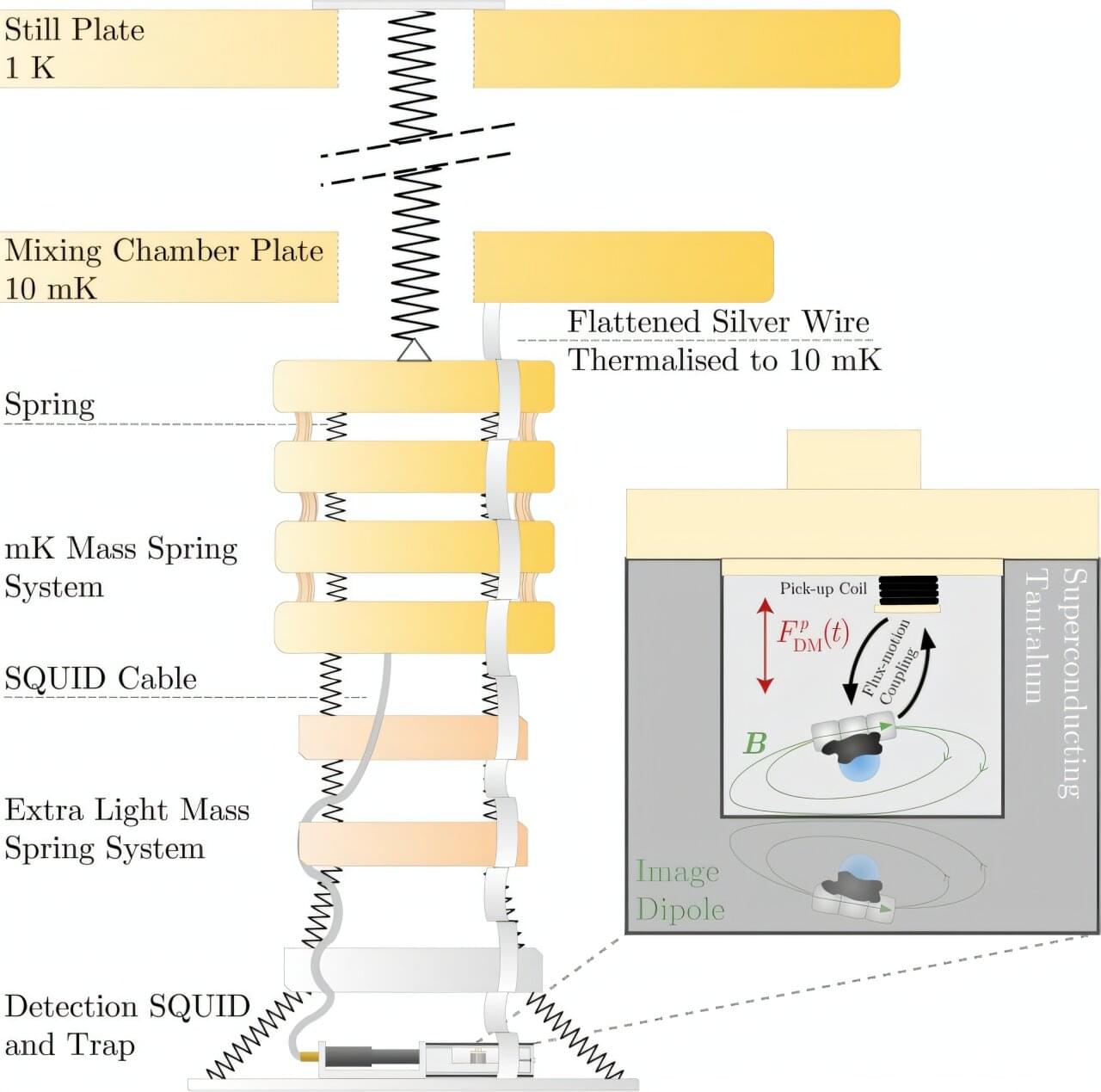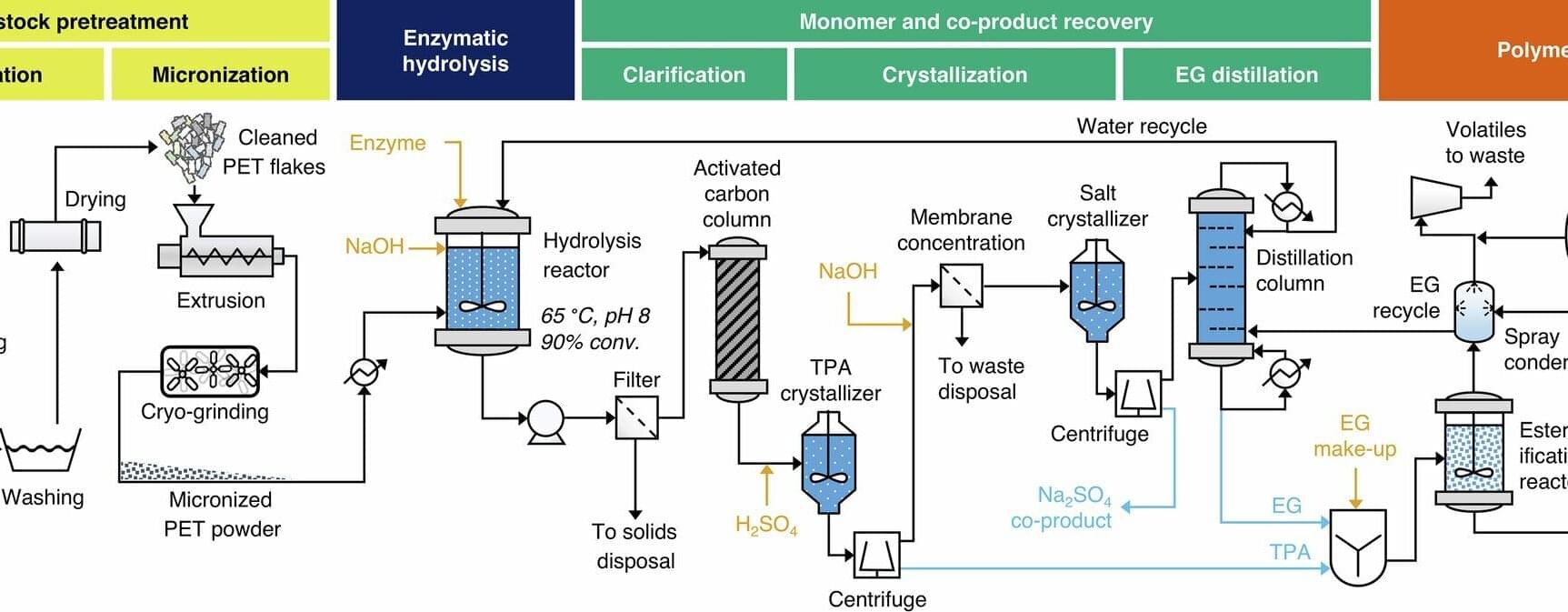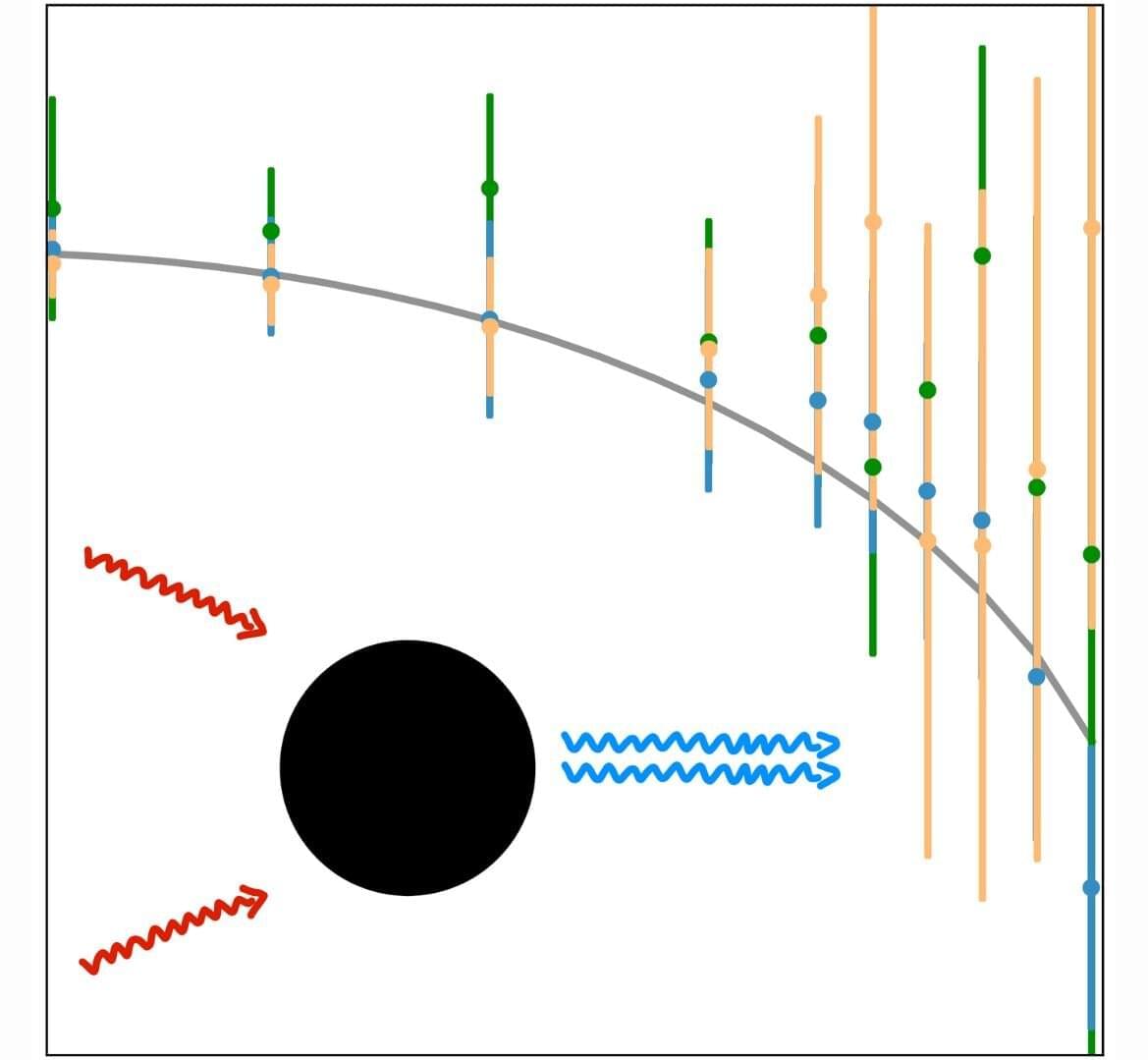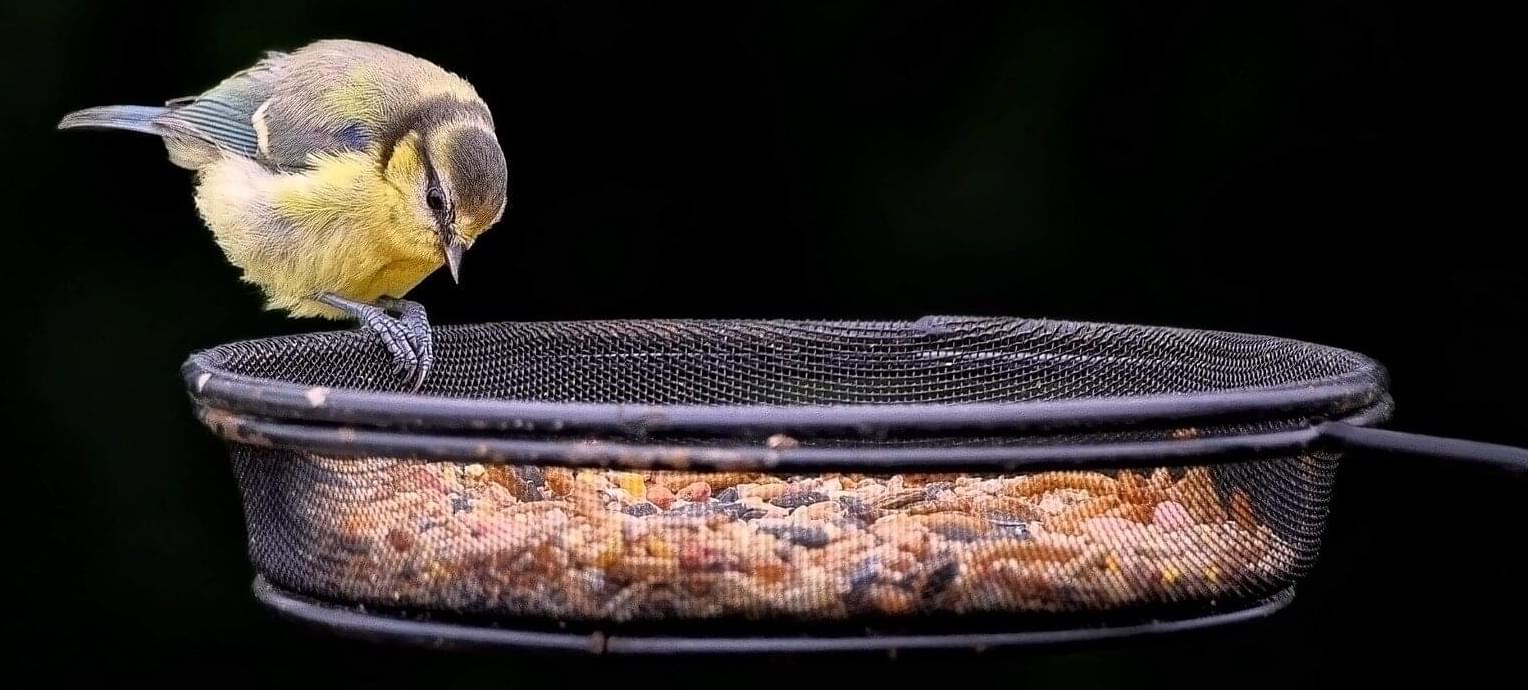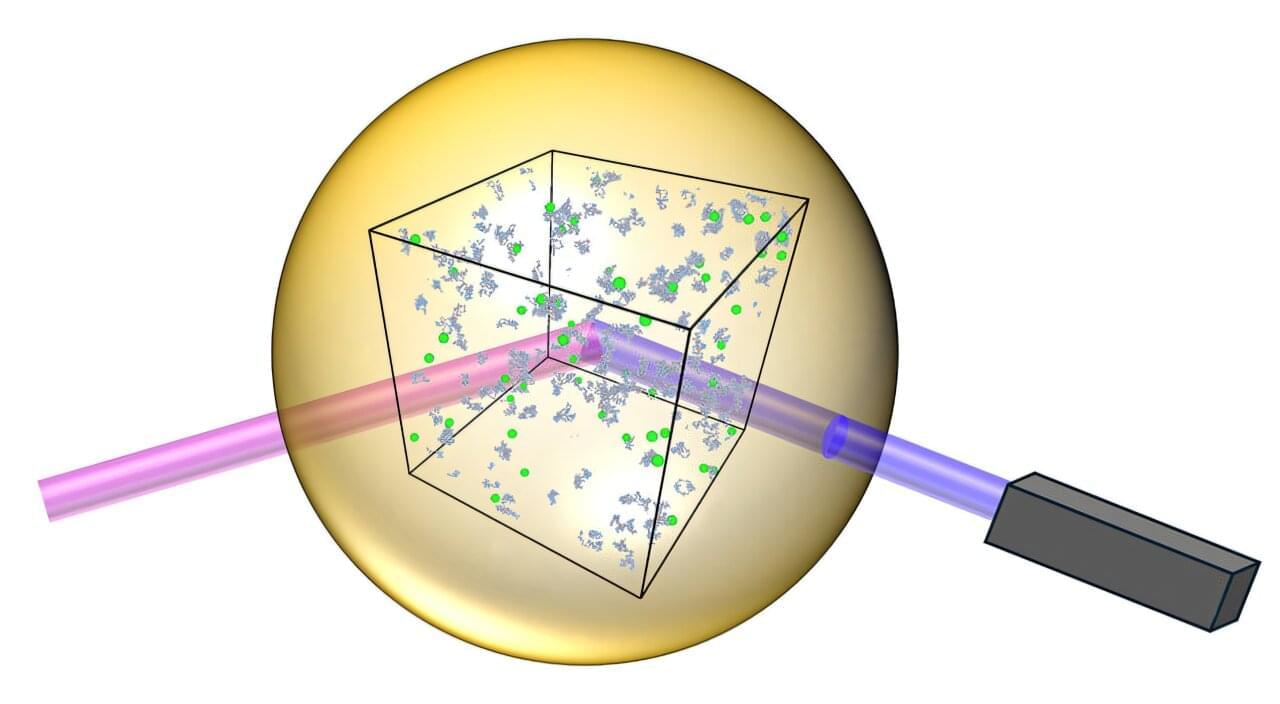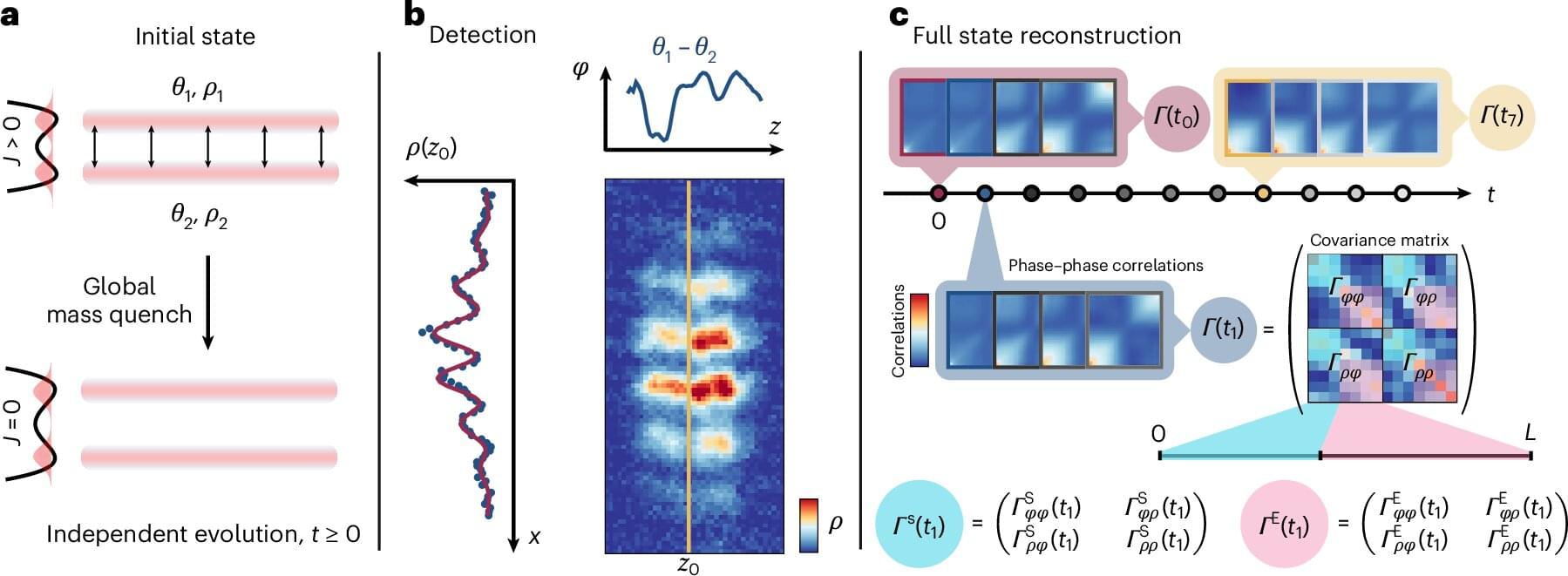The discovery of an unknown organelle inside our cells could open the door to new treatments for devastating inherited diseases.
The organelle, a type of specialized structure, has been dubbed a “hemifusome” by its discoverers at the University of Virginia School of Medicine and the National Institutes of Health. This little organelle has a big job helping our cells sort, recycle and discard important cargo within themselves, the scientists say. The new discovery could help scientists better understand what goes wrong in genetic conditions that disrupt these essential housekeeping functions.
“This is like discovering a new recycling center inside the cell,” said researcher Seham Ebrahim, Ph.D., of UVA’s Department of Molecular Physiology and Biological Physics. “We think the hemifusome helps manage how cells package and process material, and when this goes wrong, it may contribute to diseases that affect many systems in the body.”
